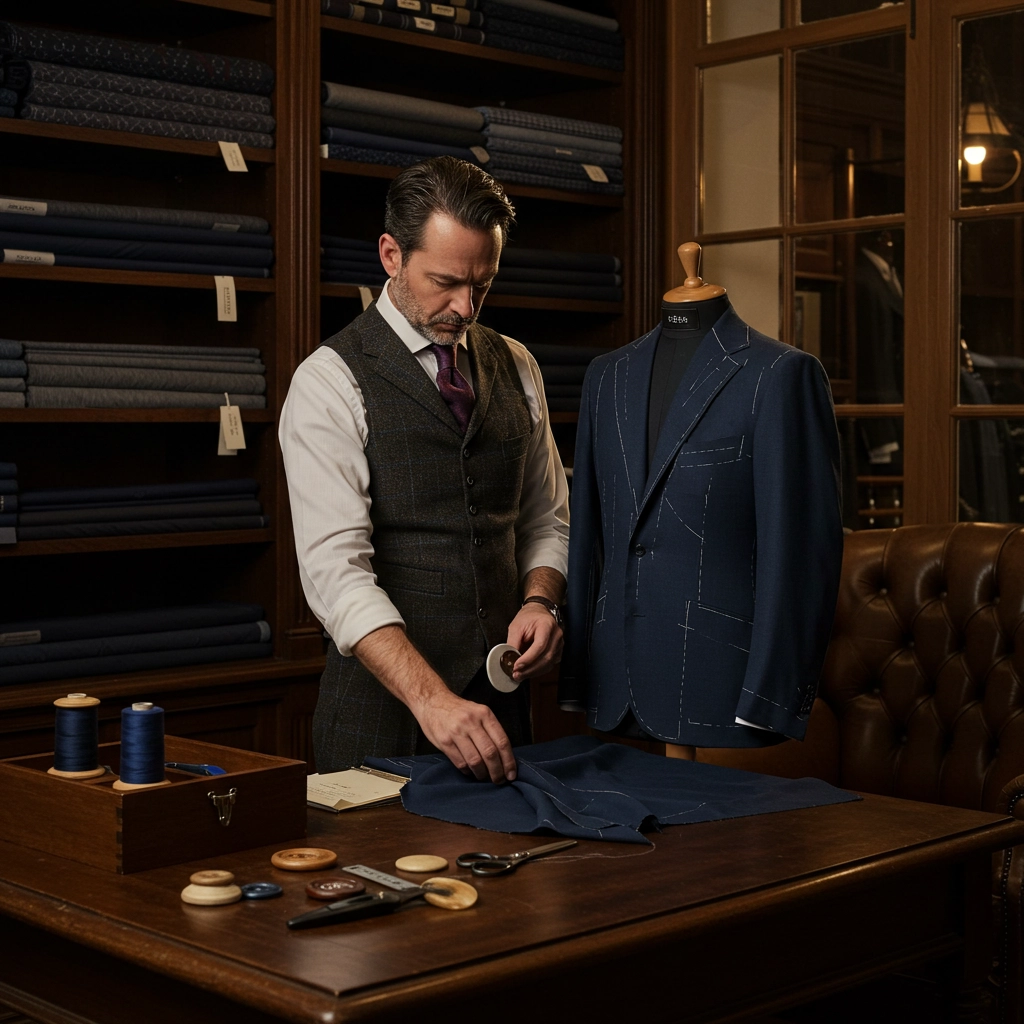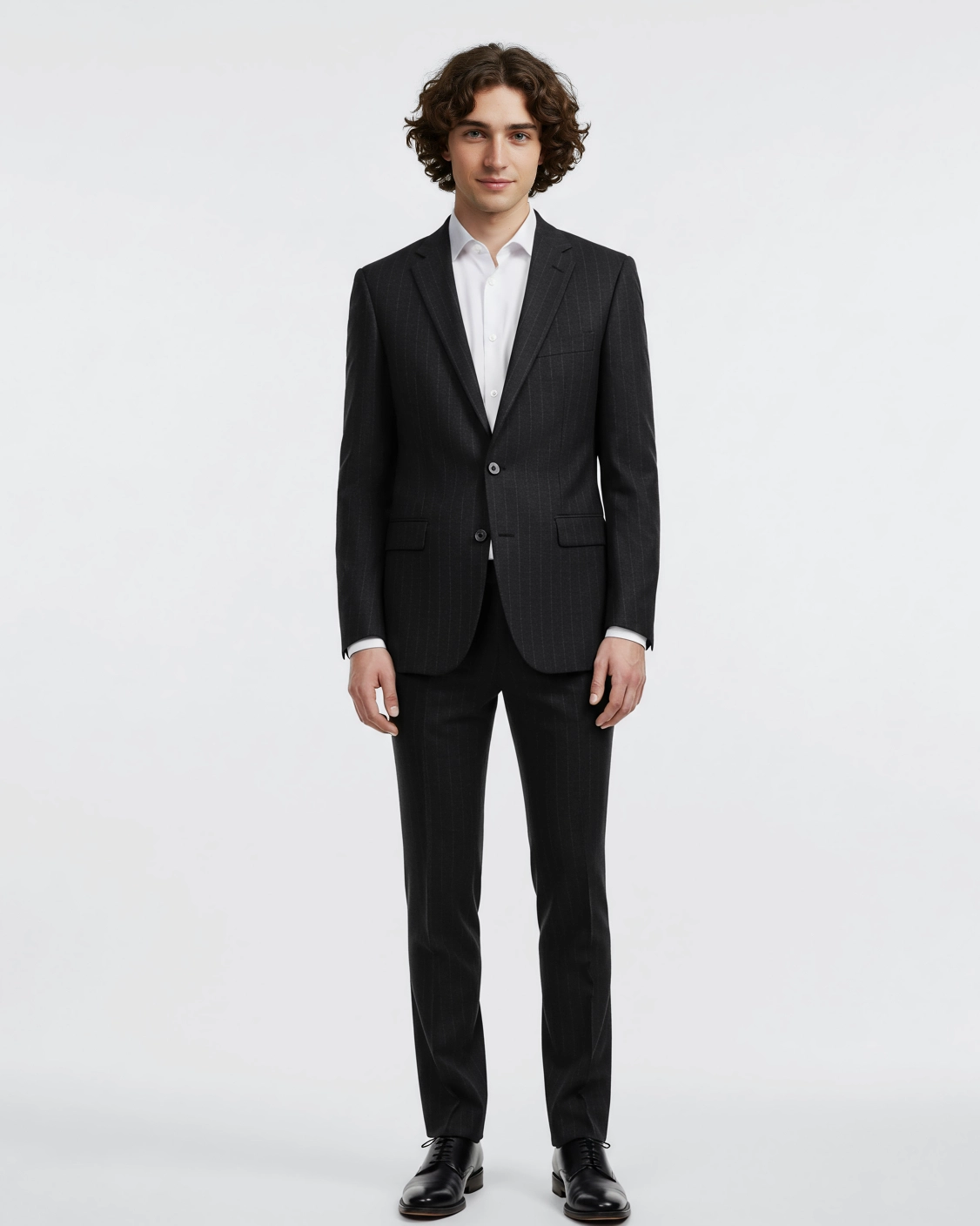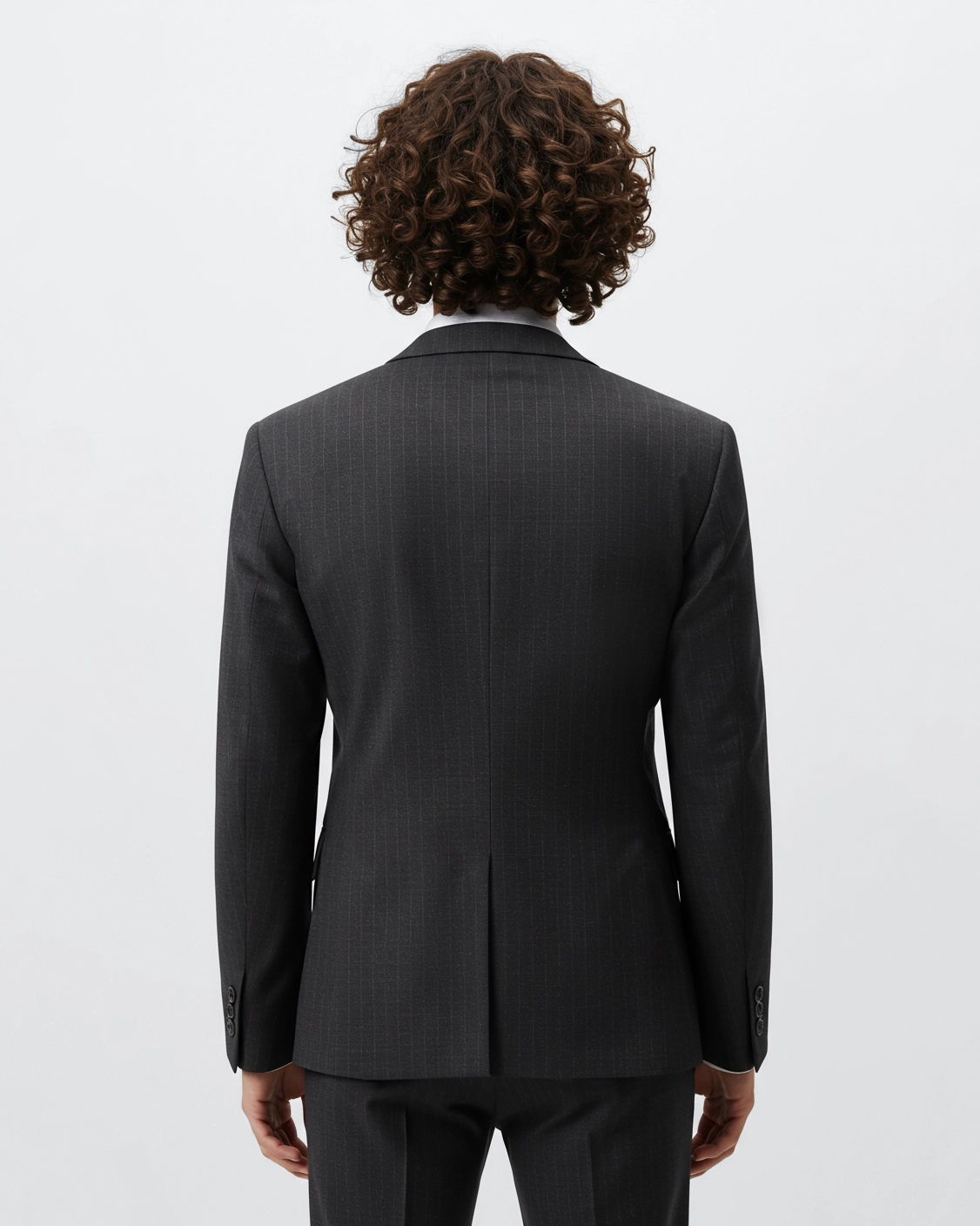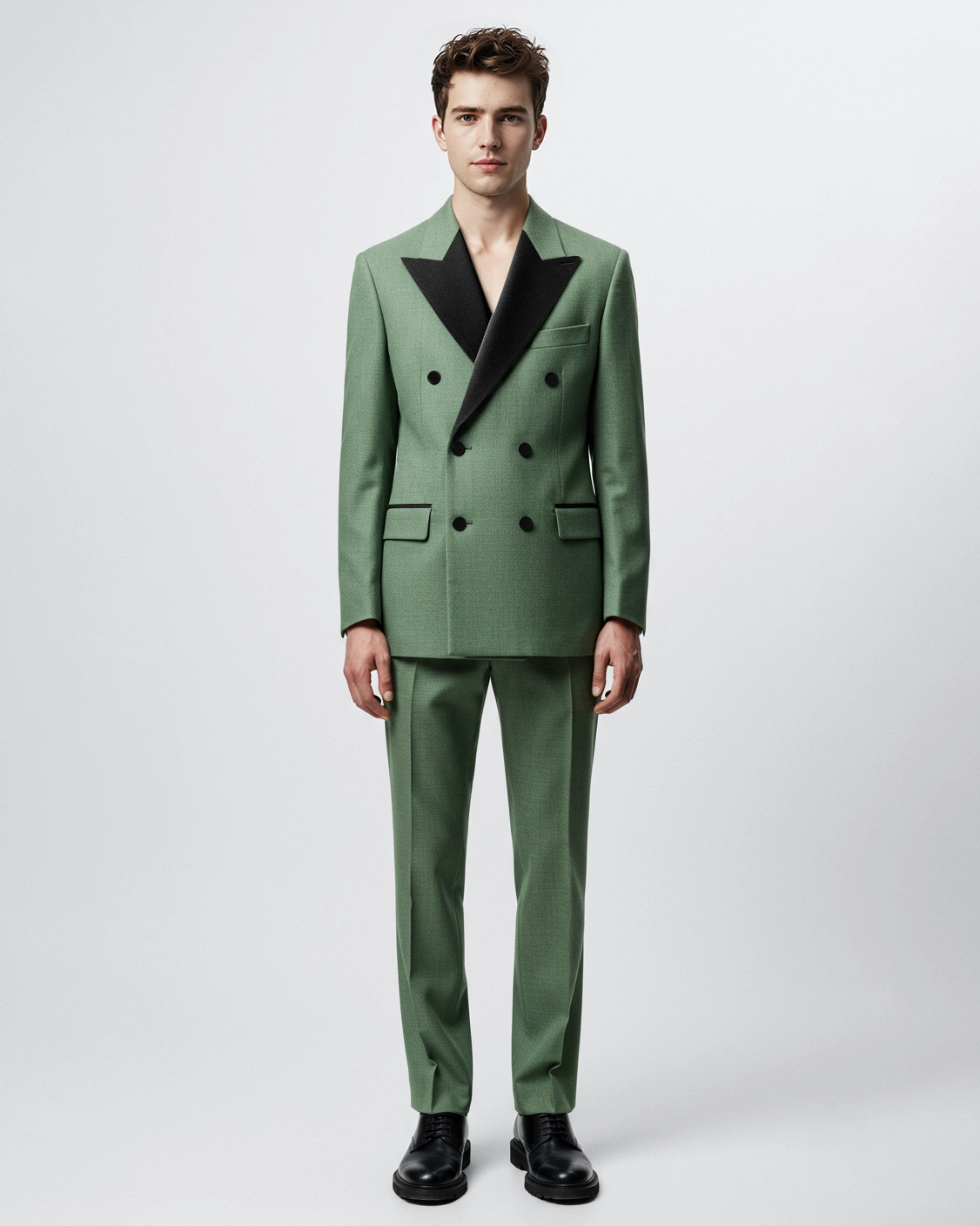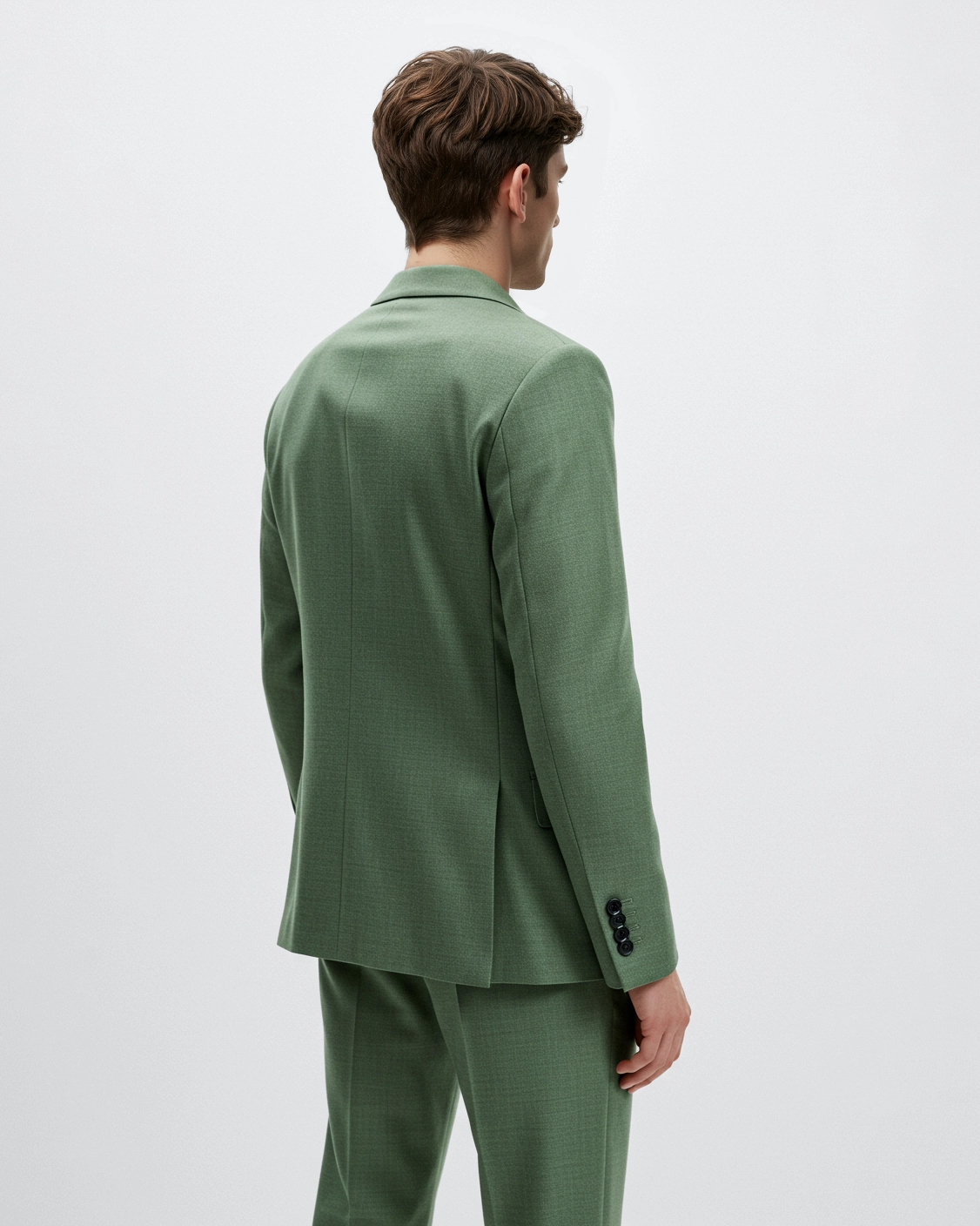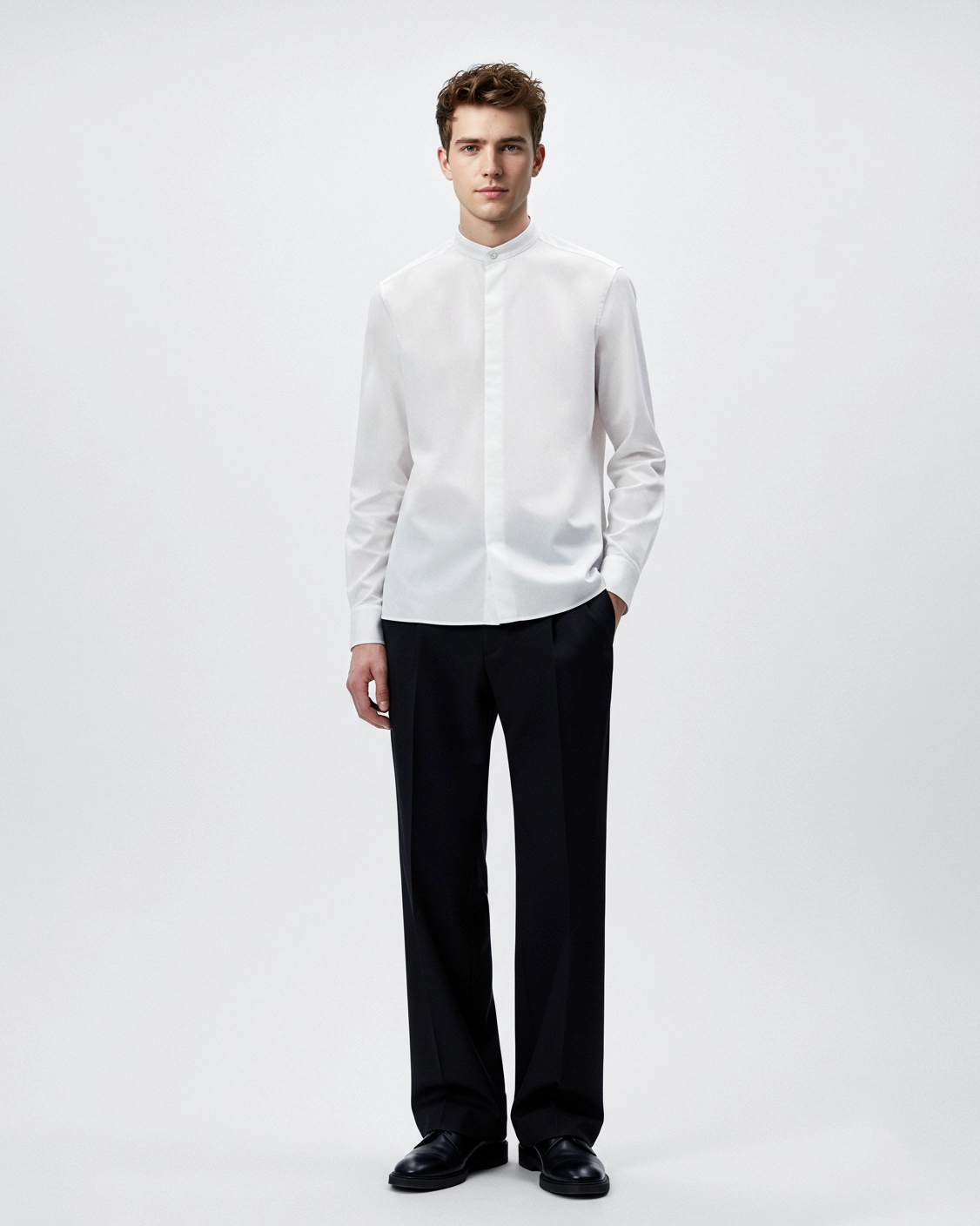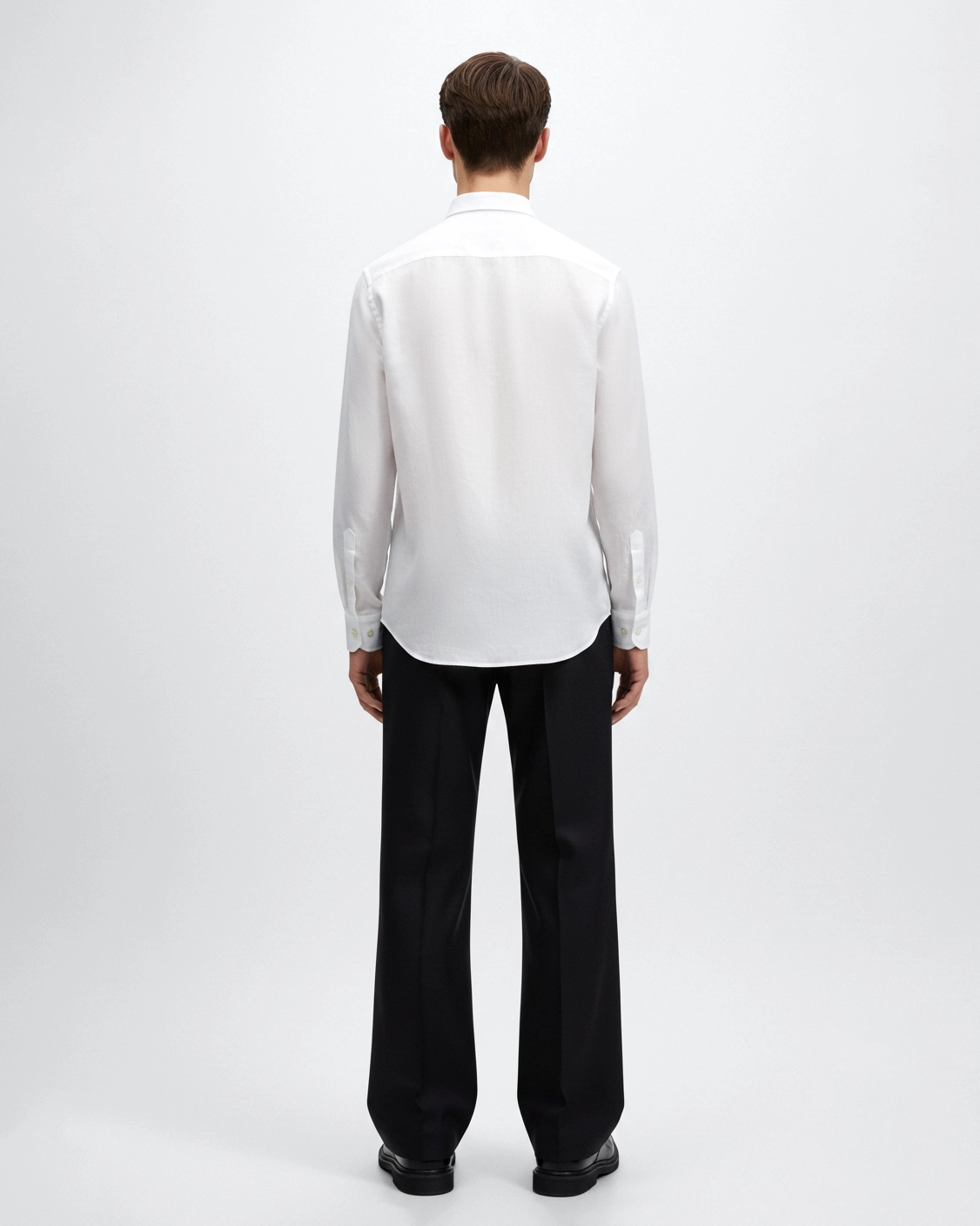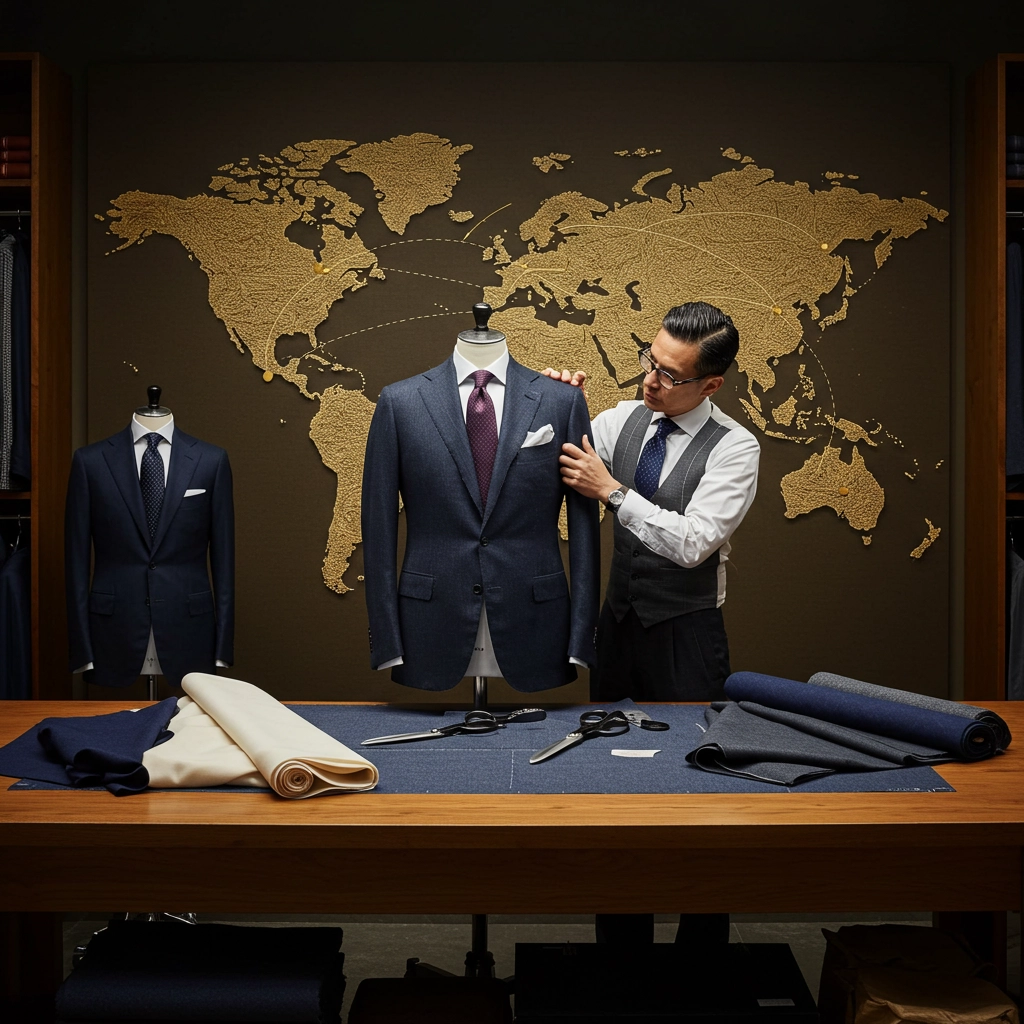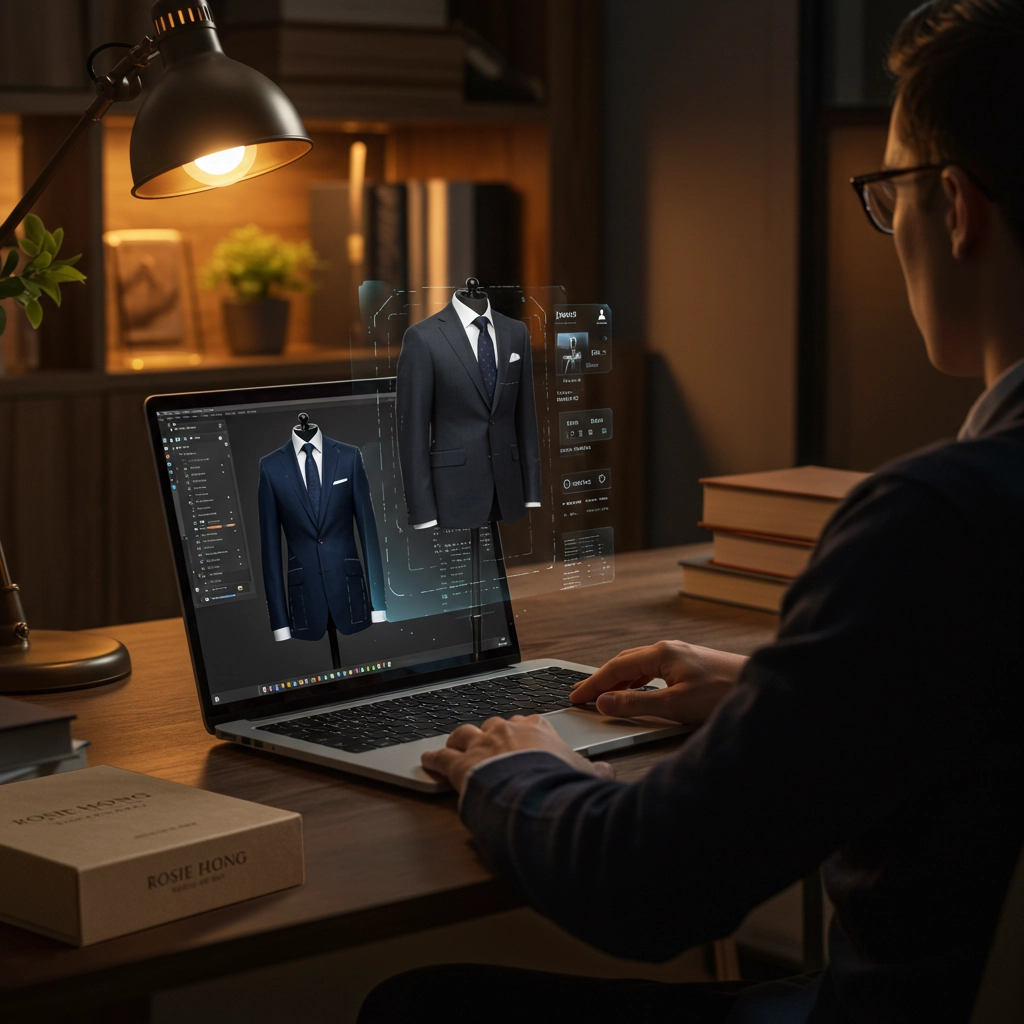What Is Bespoke Tailoring Cost Factors?
Bespoke tailoring cost may seem high at first glance, but in a world where fast fashion dominates and ready-to-wear options are everywhere, it stands out as a luxurious choice for those who value fine craftsmanship and a personalized fit. So, what exactly makes bespoke garments more expensive? In this article, we’ll explore the key factors that contribute to the cost of bespoke tailoring, helping you understand the true value behind this investment in personalized fashion.
Quality of Materials
One of the most significant factors influencing the cost of bespoke tailoring is the quality of materials used.
- Premium fabrics: Bespoke suits are crafted from high-grade fabrics, often sourced from premium textile mills around the world. For example:
- Wool from the renowned mills of Italy and England is prized for its durability, breathability, and refined appearance. These high-quality materials come at a cost—they are more expensive than the synthetic and lower-quality fabrics commonly used in mass-produced clothing.
- Bespoke tailors often offer an extensive selection of fabrics, including wool, cashmere, linen, cotton, and silk, each with varying price points. The choice of fabric can substantially impact the final cost. Suits made from exotic fibers, like alpaca or rare cashmere, naturally demand a higher price due to their scarcity and luxurious feel.
- Additional components: The quality of linings, pocketing, and interlinings plays a crucial role in determining the overall cost. Superior linings made from silk or high-thread count cotton enhance a suit’s comfort and longevity, making them worthwhile investments.

Craftsmanship and Labor
- Skill and time investment:
-
- Bespoke tailoring is characterized by a high level of craftsmanship that requires skilled artisans. The process is labor-intensive and demands a significant time commitment from experienced tailors. A single bespoke suit can take anywhere from 20 to over 50 hours to make, depending on the complexity of the design and the tailor’s expertise.
- Every suit begins with a consultation, where the tailor takes precise measurements and discusses design preferences with the client. Following this, a series of fittings are arranged to ensure that the suit is tailored to the client’s exact specifications. Each fitting provides an opportunity to make adjustments, thus requiring meticulous attention to detail and craftsmanship.

- Handcrafted techniques:
-
- The level of skill involved in bespoke tailoring surpasses that of ready-to-wear clothing. Skilled artisans employ hand-sewn techniques, such as hand-stitching the lapels and lining, which contributes to the suit’s unique character and fit.
- This artisan approach justifies the higher price, as clients are paying not only for the final product but also for the expertise and labor invested in its creation.
Customization Options
- Tailored experience: A hallmark of bespoke tailoring is customization. Unlike ready-to-wear suits that come in standard sizes and styles, bespoke suits are tailored to the individual preferences of the customer. This level of personalization is especially valued in bespoke tailoring for men and women, where clients can choose everything from the cut of the suit to the buttons, pockets, and even lapel styles.
- Impact of custom features: If a customer opts for a unique style or intricate detailing, such as patterned linings or embroidered initials, it requires additional labor and materials. Each custom feature you want can impact the final price, allowing clients to create a distinct look while also elevating the overall cost.
Brand Reputation
- Established brands: The reputation of a tailoring house or brand also plays a considerable role in the pricing of bespoke suits. Well-established tailors known for their craftsmanship, heritage, or celebrity clientele often command higher prices due to their reputation. These brands have invested years or even generations into building their craft, establishing trust in the quality and service they provide.
- Perception of luxury
-
- Bespoke tailors from renowned fashion capitals, such as Savile Row in London or Naples in Italy, are often perceived as luxury brands. Their location and history add cachet to their products, allowing them to charge a premium. A customer is not just paying for a suit; they are also investing in a brand and the story behind it.
- However, every bespoke suit comes with the high price tag of a luxury brand. More affordable bespoke options may exist, and it is essential to research different tailors to find a balance between quality and cost. Many emerging tailors may offer quality at lower prices.

Operating Costs
- Business’s bespoke tailoring cost: Operating costs associated with running a bespoke tailoring business contribute to the overall expense of bespoke suits. Factors such as rent, utilities, and staff salaries play a pivotal role in pricing. High-end tailoring boutiques often find themselves in prime locations with higher rental costs, adding to the final price of their products.
- Limited production scale:
-
- The tailor shop for bespoke garments typically operates in smaller, specialized settings rather than mass-production environments. This smaller scale limits their ability to achieve cost efficiencies often enjoyed by larger manufacturers, which can lead to higher individual suit costs.
- The market demand for bespoke tailoring also comes into play. Many tailors produce a limited number of suits each year, making high-quality tailoring an exclusive offering. This exclusivity drives up demand and allows tailors to maintain premium pricing.

Additional Services Provided
- Comprehensive client care: Bespoke tailoring involves a substantial level of service that adds to its cost. From the initial consultation to multiple fittings and ongoing customer support, bespoke tailors provide an experience that many ready-to-wear options cannot match.
- Aftercare service: Many bespoke tailoring houses also offer aftercare services, such as alterations and repairs, ensuring that the suit remains in optimal condition for years to come.
Final Thoughts
The expense associated with bespoke tailoring reflects the quality of materials, craftsmanship, and personalized service that go into creating a custom suit. Whether it’s a bespoke men’s suit with sharp structure or a women’s tailored piece with refined elegance, the price tag—though it may initially seem steep—is justified by the durability, precise fit, and timeless uniqueness of each garment. Clients are not only purchasing a suit but embracing a tradition — a connection to time-honored craftsmanship that off-the-rack solutions rarely match.
As you explore your sartorial journey, remember that a bespoke suit is more than just an item of clothing — it’s a tailored expression of who you are. If you’re looking to discover reputable bespoke tailors around the world, you can find trusted names listed on platforms like Fashion Listings.


